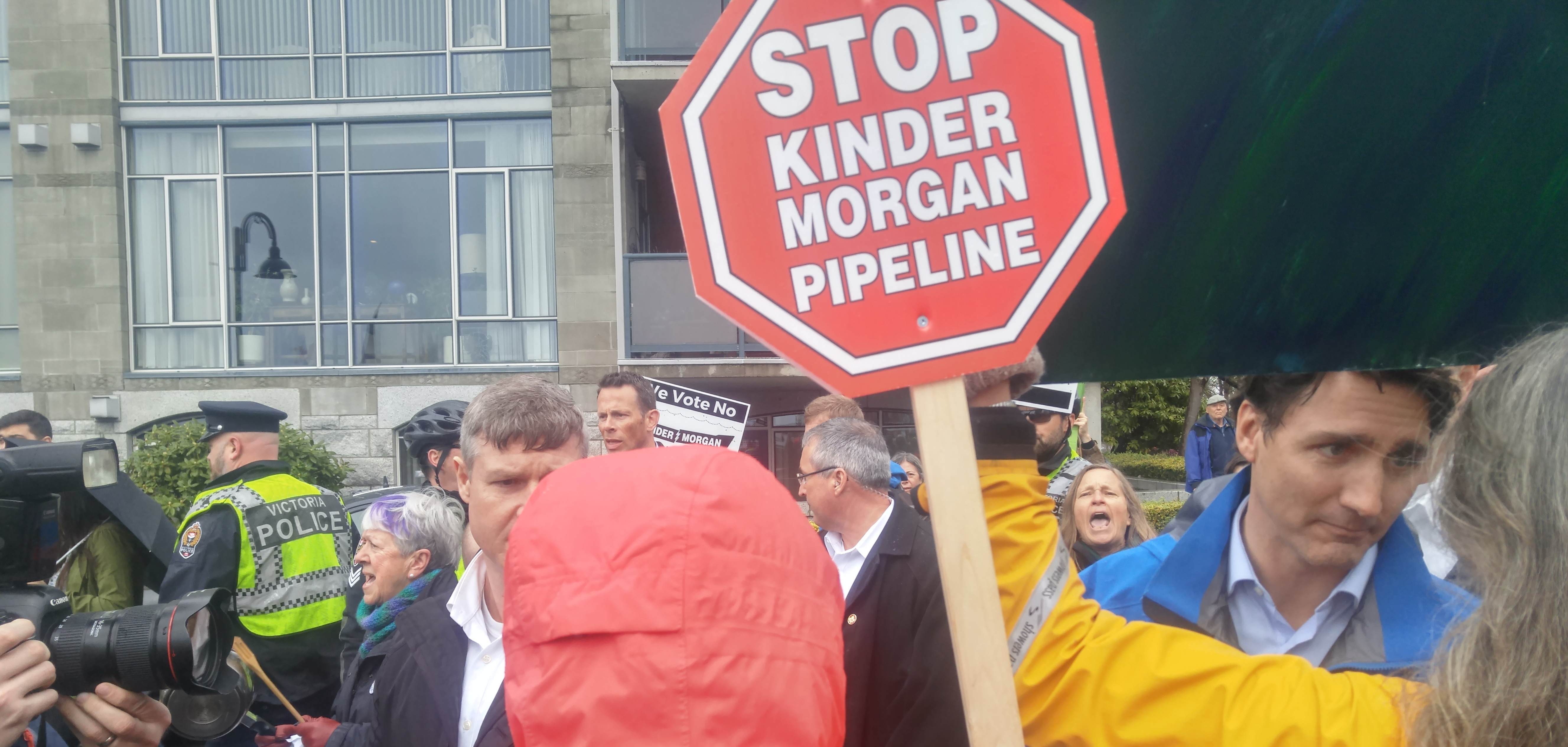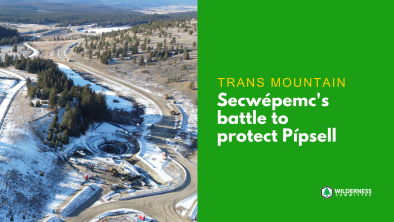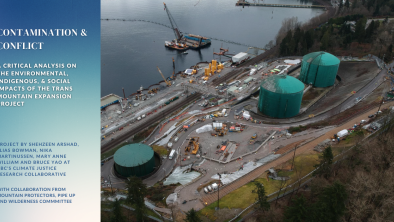Canada’s pipeline debate: simmering in the background, ready to boil again
Radio Canada

The long standing dispute over the Trans-Mountain pipeline expansion, has been surpassed in the news by other political events, but it hasn’t gone away.
Permission for the huge project was tossed out when a court agreed with legal challenges saying the environmental review process was flawed and that aboriginal groups hadn’t been properly consulted.
The issue was the building of an additional pipeline, a twinning, of the existing 65 year old line from the Alberta to a facility to load tankers in British Columbia at the Pacific coast.
The project was the target of substantial protests and legal challenges such that the owner, Kinder-Morgan, decided to halt the project.
The federal government stepped in with $4.5 billion dollars to buy the lines from the U.S. Company.
Then the project was then halted by an Appeal Court ruling that agreed with legal challenges saying the original National Energy Board environmental review was incomplete in that it didn’t account for potential effects on the marine environment of increased tanker traffic and risk of spills, and didn’t fully consult with First Nations groups.
The Trudeau government insists the project will proceed but will abide by the court decision to improve the environmental review process and consultation with First Nations groups. It gave the National Energy Board a new deadline of February 22 to file its revised report.
Environmental groups says the time frame is too short for a meaningful review, and that a number of experts busy on other projects can’t be contacted in time.
At least one group, Wilderness Committee has said it feels the process is flawed and warning of more lawsuits to come.
“They’re making all the same mistakes as before,” said Wilderness Committee Climate Campaigner Peter McCartney McCartney. “Even Trudeau agreed the process was broken, yet here we are again with the government manipulating the review to get their preferred outcome”.
He added “They’re going through the motions but they’ve already made up their mind”.
Meanwhile, a new study says that an important group is being entirely left out of the discussion. The non-partisan think tank Canadian Centre for Policy Alternatives released a report this week studying how the media covers the controversial project noting that coverage excludes energy sector workers and unions. The analysis noted mainstream media featured more often the idea of jobs and economic benefits, while alternative media focussed on environmental and Indigenous groups dissent, basically pitting the economy versus the environment.
“The exclusion of energy workers’ voices from the fossil fuel debate makes it more difficult to meaningfully, effectively include those workers in conversations about the transition we must make to a low-carbon economy,” says lead author, professor Robert Hackett. “If we are to build a greener future–as we must do to stave off catastrophic climate change—we must make plans with fossil fuel industry workers to ensure secure, sustainable jobs are within their reach.”
To see the original article click here.


